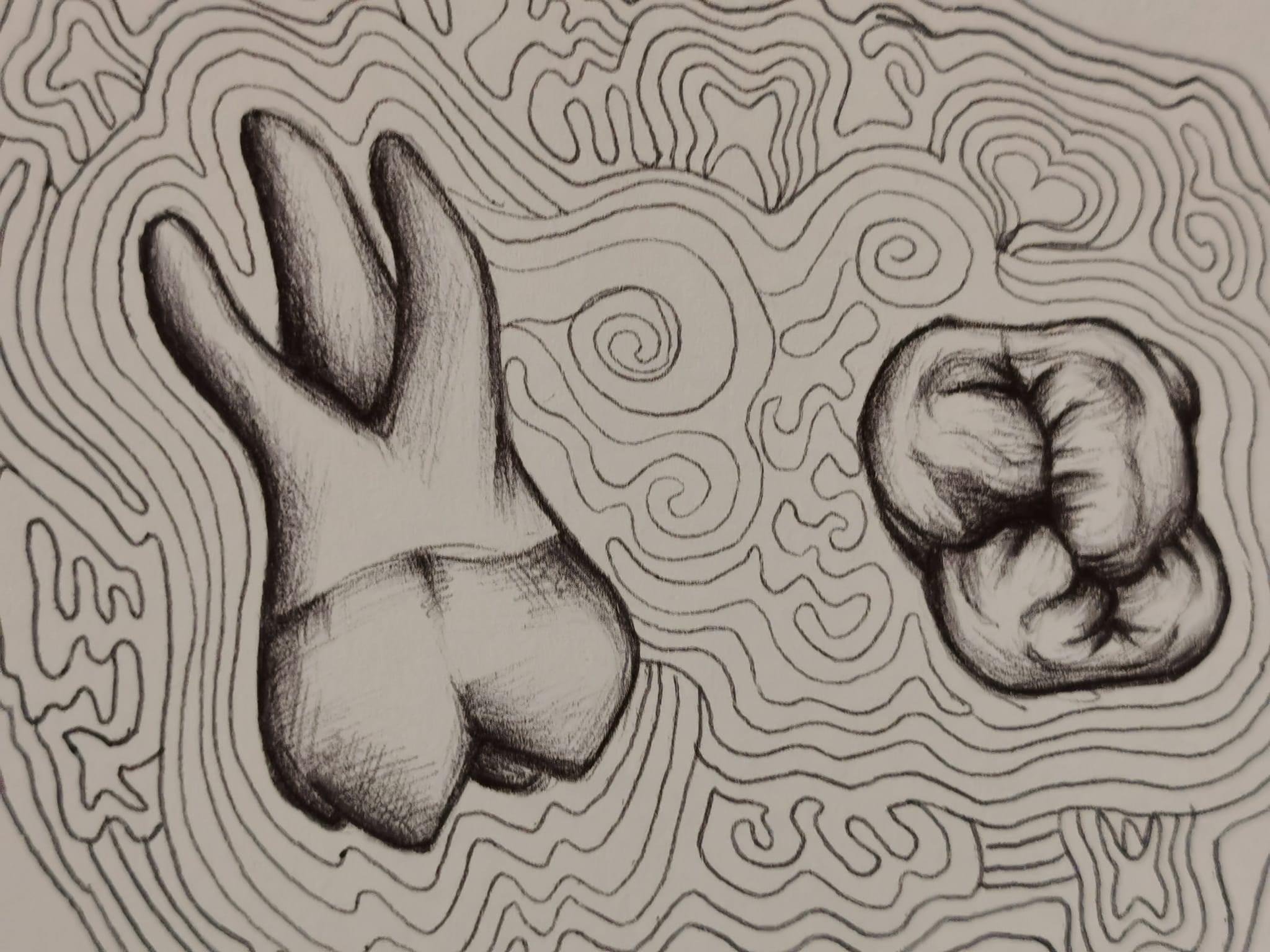Is Perfectionism Cramping your Style?
Perfectionism is often seen as a virtue to many. But when does it become more of a hinderance than a virtue? Coming from a background of both dentist and artist, although quite different, both have some surprising similarities.
The Artist’s Struggle
As an artist, the pursuit of perfection can be a double edged sword. The desire to create something ‘perfect’ can push us to improve our skills and achieve new heights in our work. However, it can also stifle creativity and lead to a fear of failure.
Perfectionism will also lead us to procrastinate, ask me how I know! Putting too much pressure on the polished finished piece may well hold us back from experimenting and trying new things, fearing that the results won’t measure up to our high standards.
What I have found when it comes to creating, is if I am able to let go of what the outcome will be, it frees me up, and strangely that is when I often produce some of my most interesting work.
The Dentist’s Challenge
In dentistry, precision is paramount. A single error could adversely affect a treatment outcome and sometimes the patient’s health and well-being. The pressure to achieve perfection is immense. However, the relentless pursuit of perfection can also be detrimental. It can lead to excessive stress and burnout. And let’s face it, when you are working in an imperfect, often hostile environment, is perfection even achievable?
Constant self-criticism and fear of making mistakes can erode confidence, impacting both professional performance and personal satisfaction.
Striking a Balance
For both the artist and the dentist, the key is finding a balance. Embracing imperfection doesn't mean settling for mediocrity; it means recognising that flaws are part of the process and can even enhance the final outcome. For the artist, this might mean allowing a piece to evolve organically, accepting that some imperfections add character and authenticity. In the words of Bob Ross, “There are no mistakes, just happy accidents”.
For the dentist, it involves understanding the importance of precision while also recognising the limits of what can be controlled and accepting that perfection is unattainable. It’s about adopting a growth mindset and learning from our mistakes. I have certainly learnt more from my mistakes than when things went well, as uncomfortable as it is sometimes.
Ultimately, perfectionism should serve as a guide, not a jailer. It's a tool to motivate and inspire, not to constrain and paralyse. I like to use the term “Progress over Perfection”. By acknowledging the limitations of perfectionism, both artists and dentists can liberate themselves from its grip, leading to more creative freedom and professional fulfillment.
So, is perfectionism cramping your style? If so, it might be time to loosen its hold and embrace the beauty of imperfection, because that’s where the magic happens.


